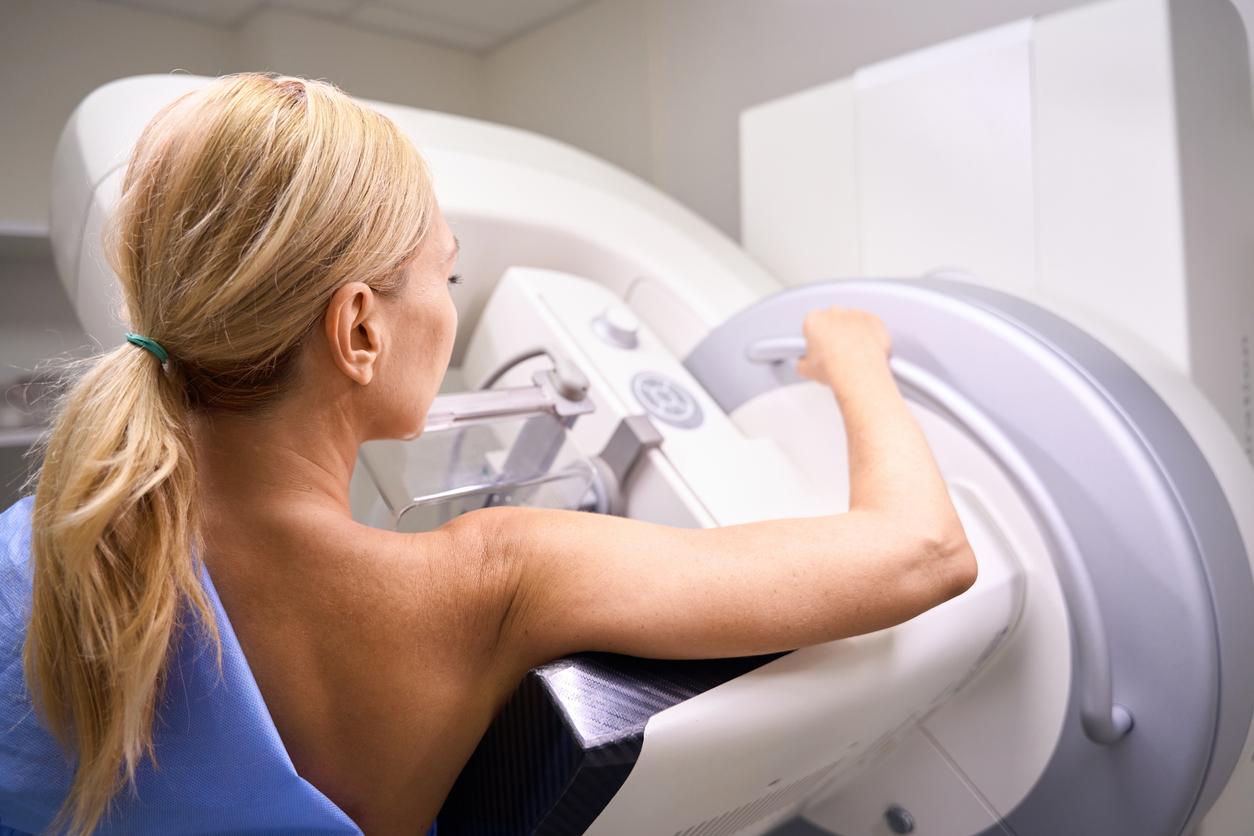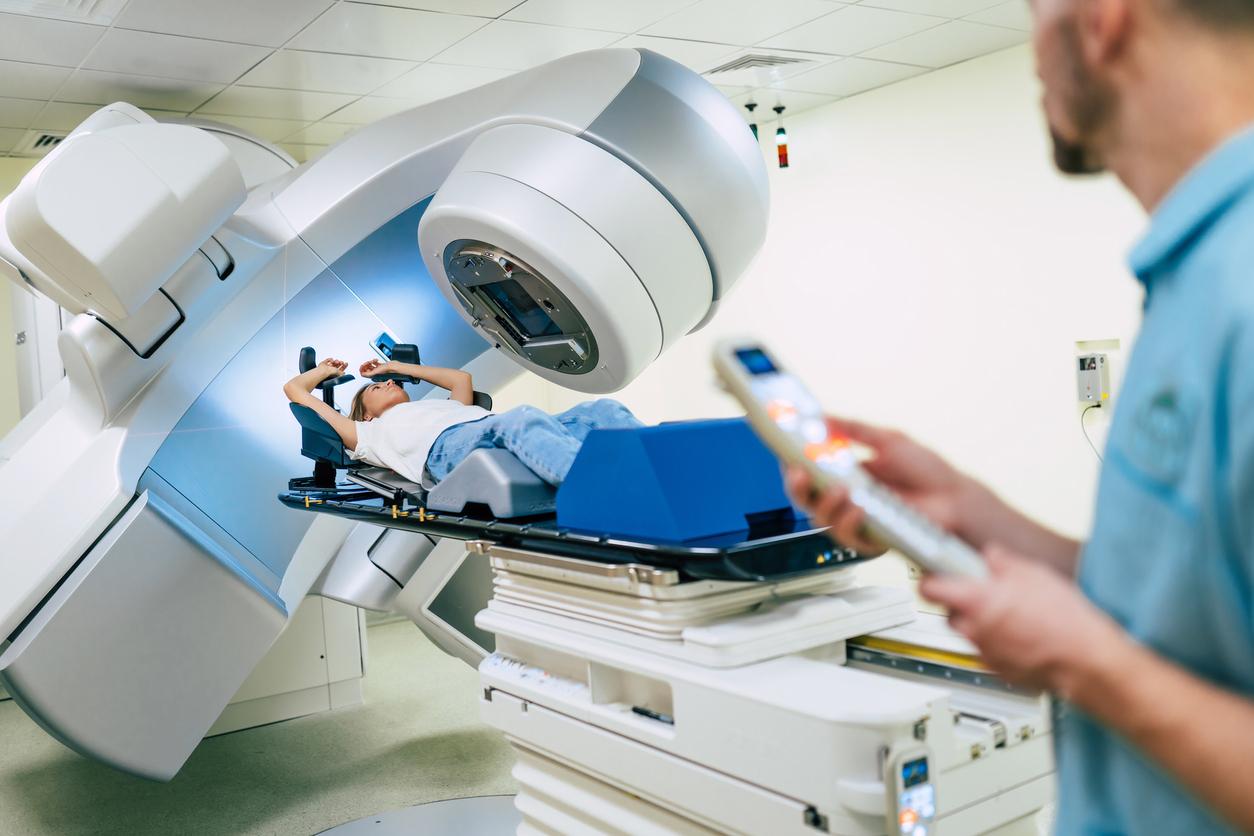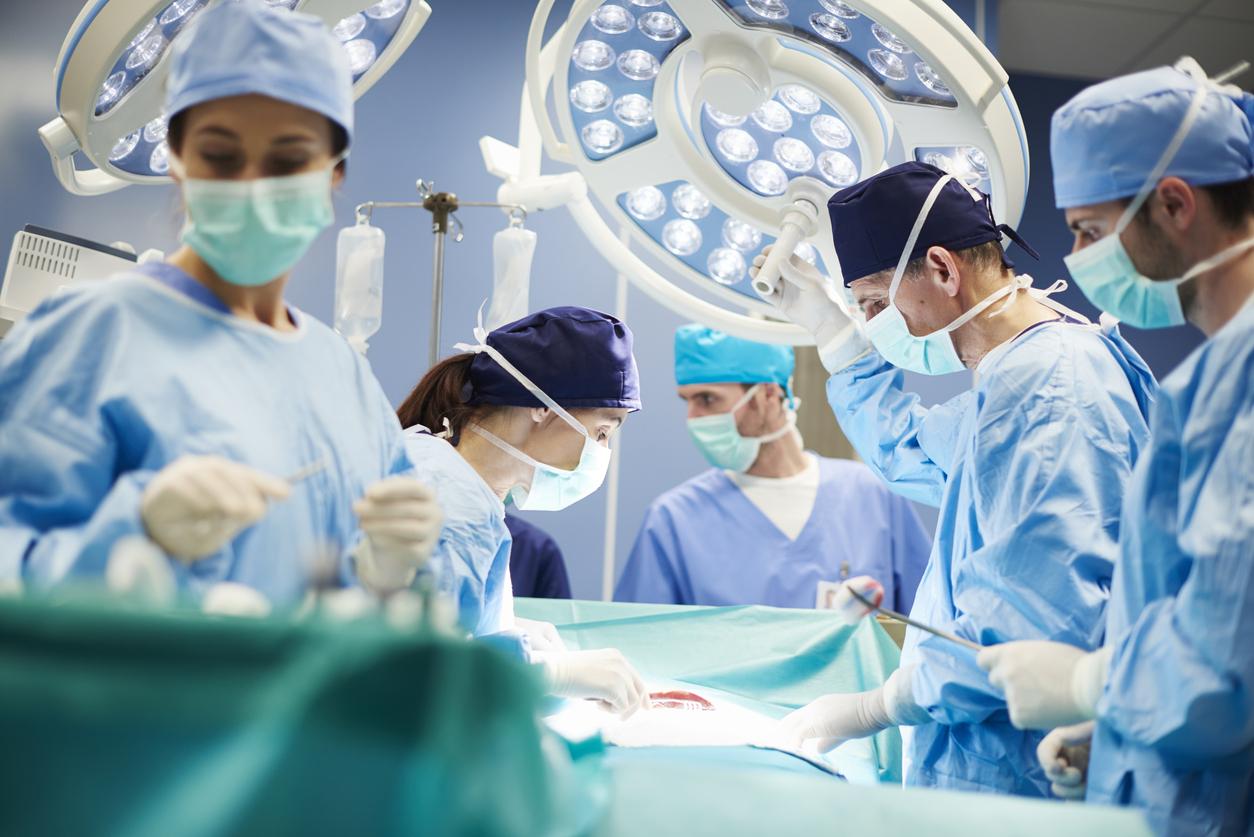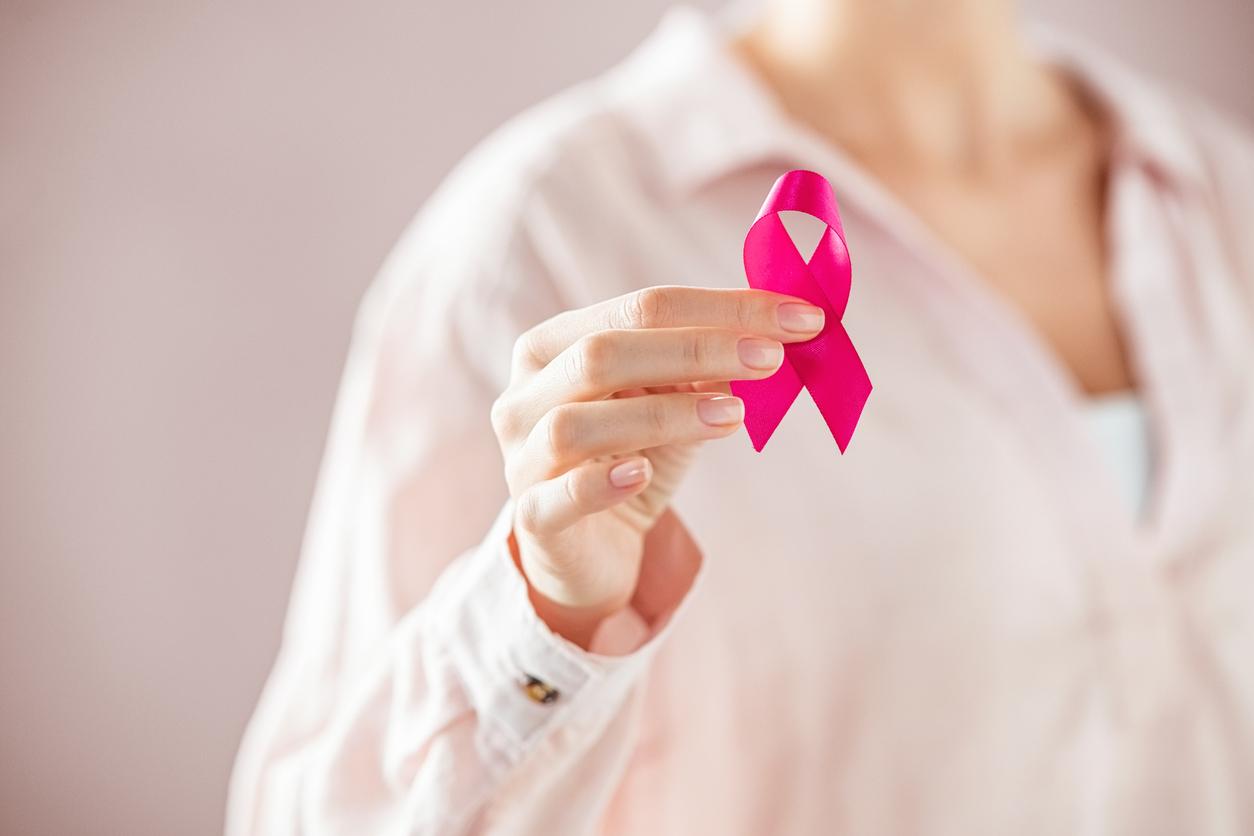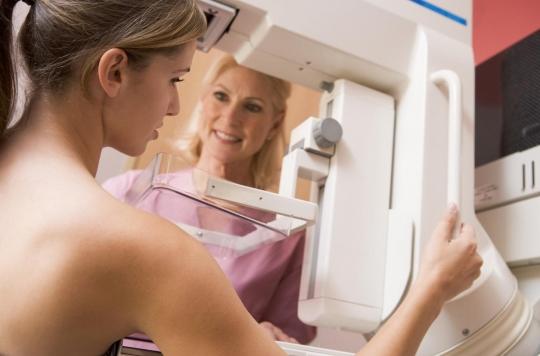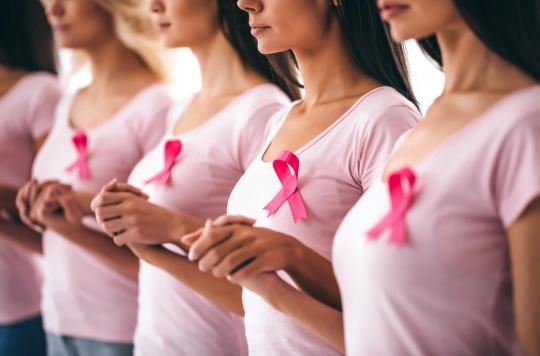After the announcement by Angelina Jolie of her mastectomy, English, Canadian and French doctors are seeing an increase in requests for information on mastectomies and genetic tests.

Angelina Jolie’s message has been heard. When the American actress announced last May that she had undergone a double mastectomy, she explained the medical reasons for her gesture but also that they wanted other women to benefit from her experience. Since the announcement, the UK Cancer Research Center has seen a boom in requests for information about mastectomy. In fact, the number of calls to the Cancer Research UK call center regarding breast removal has reportedly quadruple since these revelations.
60% more genetic tests in Canada…
In Canada, information has also had a strong impact. The British Columbia cancer control agency has seen a huge increase in requests for genetic tests. These women wanted to know if they were carriers, like Angelina Jolie, of the BRCA1 or BRCA2 genes, which predispose to breast cancer. From May to August, there were more than 1,300 requests for genetic counseling from the Cancer Control Agency, which is a 60% increase from the previous year.
… and in France too
In France, where only 5% of women undergo a preventive mastectomy, no official data currently allows an assessment of the Angelina Jolie effect. At the Europa Donna Association, which supports women with breast cancer, “the standard almost exploded the day Angelina Jolie made her revelations but it fell like a bellows, says Nicole Alby, the president of honor of the Association. And it’s better like that because the question of preventive mastectomy in BRCA1 and 2 women is so delicate. Above all, gynecologists should be better trained to properly interview their patients for this issue to be addressed, ”says Nicole Alby.
Women are less shocked about mastectomy
For Prof. Dominique Stoppa-Lyonnet, head of the oncology genetics department at Institut Curie, the Angelina Jolie effect was clearer. “Since May, I have clearly observed an increase in the number of genetic consultations. The effect is starting to wear off but I would say the demands have doubled overall. For the oncogenetician, this is good news since 120,000 French women are unaware that they are carriers of the defective BRCA1 or 2 genes.
The other consequence of this media coverage is to have facilitated the discussion on mastectomy between women and their doctor.
Listen to Prof. Dominique Stoppa-Lyonnet, head of the oncology genetics department at Institut Curie: “Some patients were shocked by the mention of a mastectomy. The Angelina Jolie effect is to allow a freer discussion on this radical gesture.”
However, media coverage could also have a perverse effect. Certainly, preventive mastectomy, or even prophylactic, is the most effective technique to prevent cancer, even if about 2% of women who have had their breasts removed still develop breast cancer. But, this is not the miracle method for all women at risk of developing this cancer. However, some women with breast cancer require a prophylactic contralateral mastectomy. In other words the removal of the sick breast but also of the healthy one. “Surgeons at the Institut Curie told me that they had many requests for prophylactic contralateral mastectomies,” confirms Dominique Stoppa-Lyonnet. But here, the option is quite debatable. “
Listen to Prof. Dominique Stoppa-Lyonnet : “It is true that they have a higher risk of attacking the other breast than women who have not had cancer. But, it is not huge. So you have to weigh that against it. major surgery. “
A perverse effect of Angelina Jolie’s announcement
A study published on September 17 in the Annals of internal medicine showed that 95% of women who opt for a prophylactic contralateral mastectomy thought they would have a better life expectancy as a result. However, the authors specify that we do not have reliable data to confirm that prophylactic contralateral mastectomy improves survival. “Many women overestimate their risk of a tumor developing in the second breast,” the researchers add. They therefore recommend that doctors be better trained in the interest of this intervention so that women can make a good decision. And that they understand the risks of such an intervention. Admittedly, the vast majority of women questioned in this study did not regret this double mastectomy, but 33% of them admitted that they had underestimated the impact of this major surgery.
.







